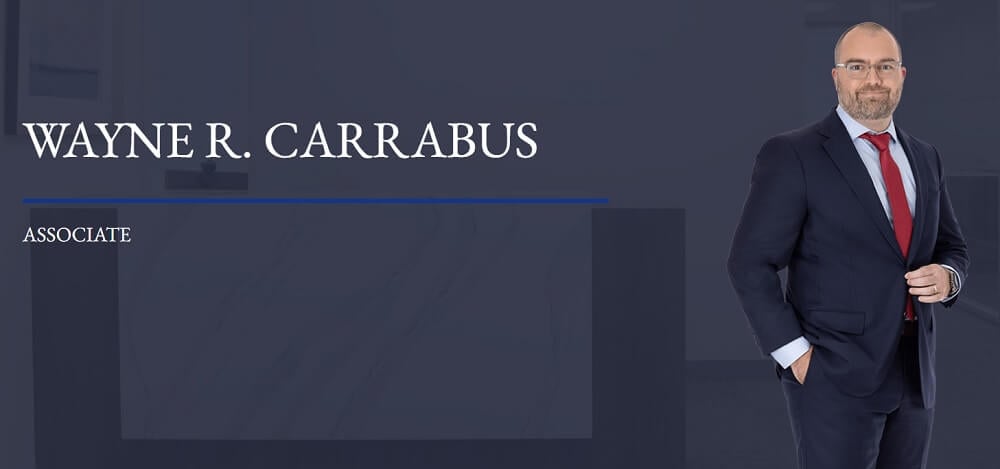26 U.S. Code § 1014 provides for a step-up in cost basis on inherited property. Specific language from the section reads: “the basis of property in the hands of a person acquiring the property from a decedent or to whom the property passed from a decedent shall, if not sold, exchanged, or otherwise disposed of before the decedent’s death by such person, be… the fair market value of the property at the date of the decedent’s death.”
The step up in basis allows the person who inherits the property to eliminate capital gains. This is an especially valuable tool for those who inherit real property from relatives who bought the property many years ago, and the property has since appreciated greatly. Imagine a case where mom and dad bought a home here on Long Island in the 1960’s for $20,000.00, and now the fair market value of the home is $750,000.00. The unrealized capital gains total $730,000.00 ($750,000.00 FMV minus $20,000.00 cost basis). All the capital gains can be wiped away if the children inherit the home from mom and dad, under § 1014.
The Irrevocable Asset Preservation Trust is a common estate planning tool used to protect assets in the event the Grantor, or creator of the trust, wishes to qualify for certain public benefits (i.e. Medicaid). After the Grantor passes away, the trust will then direct the trust assets to designated beneficiaries. Because the beneficiaries “inherit” the assets from the trust, the beneficiaries have historically claimed the stepped-up cost basis under § 1014.
A recent IRS Revenue Ruling (Rev. Rul. 2023-2 from March 2023) has raised some concern regarding an Irrevocable Trust beneficiary’s ability to receive the stepped-up cost basis on assets received from the trust after the Grantor’s death. The ruling specifically excludes property held in an irrevocable trust that is not included in the taxable estate at death, from § 1014 eligibility. The ruling focuses on “completed” gifts to the irrevocable trust as those assets not eligible for the step-up in basis.
Fortunately, the Irrevocable Asset Preservation Trust can be drafted in a way that provides for a transfer into the irrevocable trust to be considered an “incomplete” gift, and therefore includable in the decedent’s taxable estate. As a result, the beneficiary can claim the step-up in basis upon receiving the inheritance from the Irrevocable Asset Preservation Trust.
Because not all Irrevocable Asset Preservation Trusts are treated (or drafted) equally, it is important to consult with an experienced Estate Planning Attorney if you are interested in establishing an estate plan that includes such a trust. And if you already have an Irrevocable Asset Preservation Trust in place, it is essential that your trust be reviewed to ensure it preserves and protects your assets to the greatest extent possible. If your trust is lacking the features that preserve § 1014 eligibility for the beneficiaries, you may need to modified you trust, or execute a new trust.
By Wayne R. Carrabus, C.P.A., Esq., at Futterman, Lanza & Pasculli, LLP with offices in Smithtown, Bay Shore and Garden City, NY, and clients throughout metro New York. He concentrates his practice on Elder Law, Medicaid Planning, Medicaid Applications, Estate Planning, Probate and Estate Administration and Estate Taxes.


